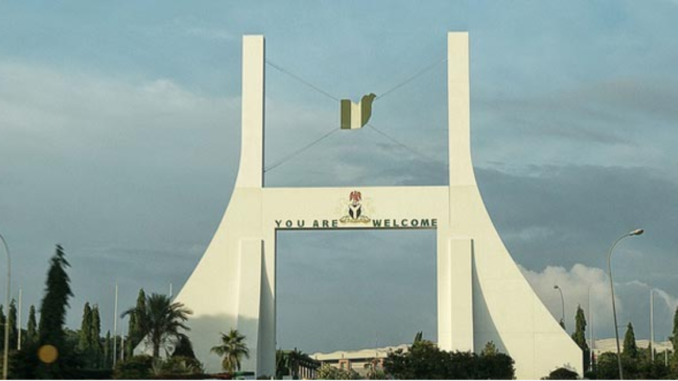
Data made available by the National Bureau of Statistics shows that Abuja has displaced Lagos as the city with the largest inflow of foreign capital.
In its report, Capital Importation (Q1), the NBS said Abuja reported inflow of $3.54 billion, up from the $2.68 billion reported in the fourth quarter of 2017.
In the first quarter of 2018, Lagos reported capital importation of $2.67 billion, an increase from the $2.55 billion reported in the fourth quarter of 2017.
Ogun, Bauchi, and Kano states reported growth of 182.06 percent, 370.59 percent, and 154.84 percent on a quarter-on-quarter basis respectively.
Akwa Ibom was the only state to experience a decline amongst all 36 states and including Abuja. Akwa Ibom reported a decline from the $124.85 million in the fourth quarter of 2017 to $43.62 million in the first quarter.
According to the report, the total value of capital imported into the country in the first quarter of 2018 stood at $6,303.63 million, representing a 594 percent increase (year- on–year) from $908.3 million in the 2017.
United Kingdom (UK) remained the lead capital investor in Nigeria in the first quarter of 2018, a position it has occupied since 2010 except for two quarters in 2015.
United States, South Africa and Ghana ranked second, third and fourth respectively.
This the first time since 2013 that Ghana made a significant capital investment in Nigeria.
According to the NBS, portfolio investment attracted the most capital, accounting for 72.42 percent of the total capital importation during the quarter.
Foreign direct investment and other investment accounted for 3.91 percent and 23.67 percent of total capital importation into Nigeria in the quarter under review.
END

Be the first to comment